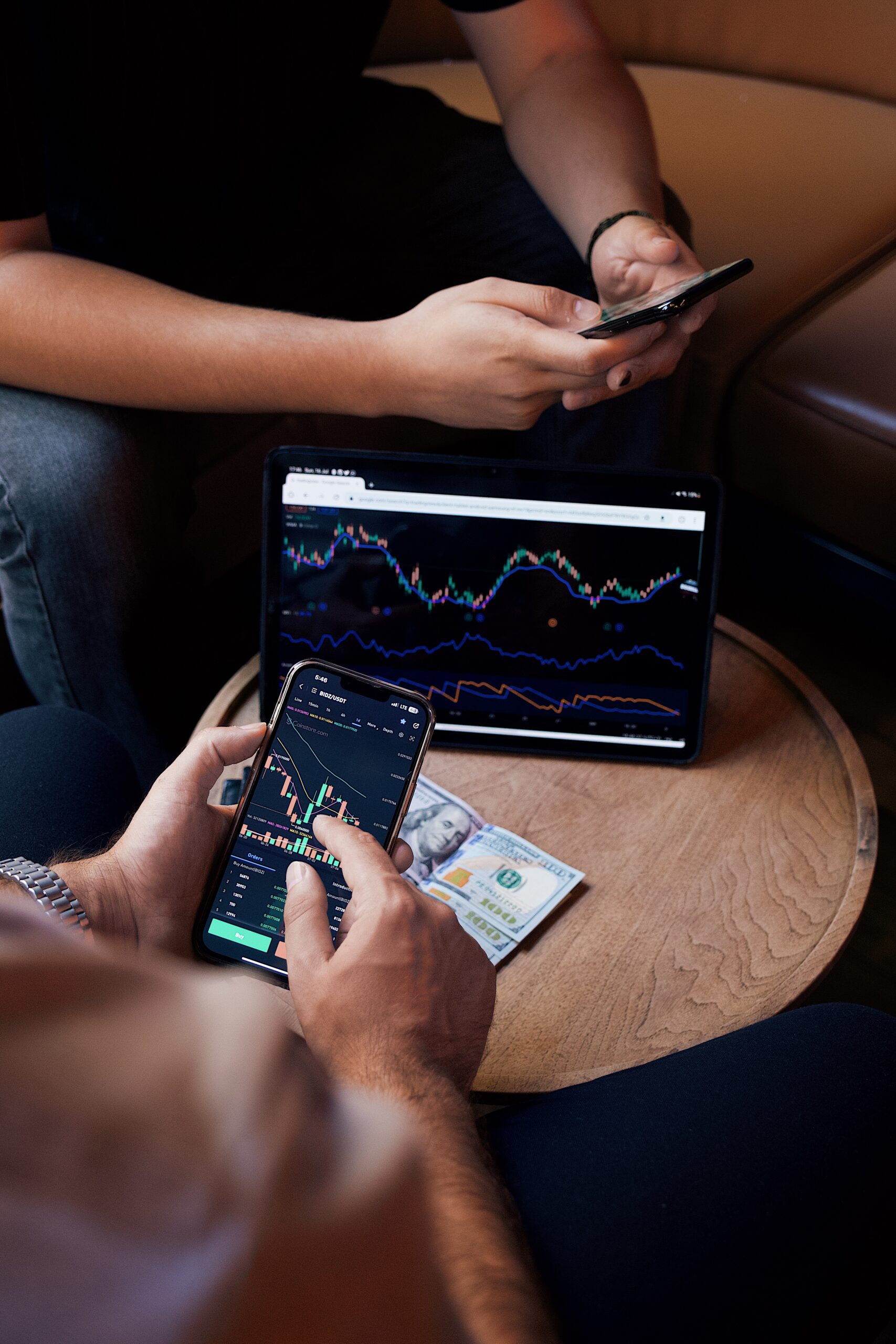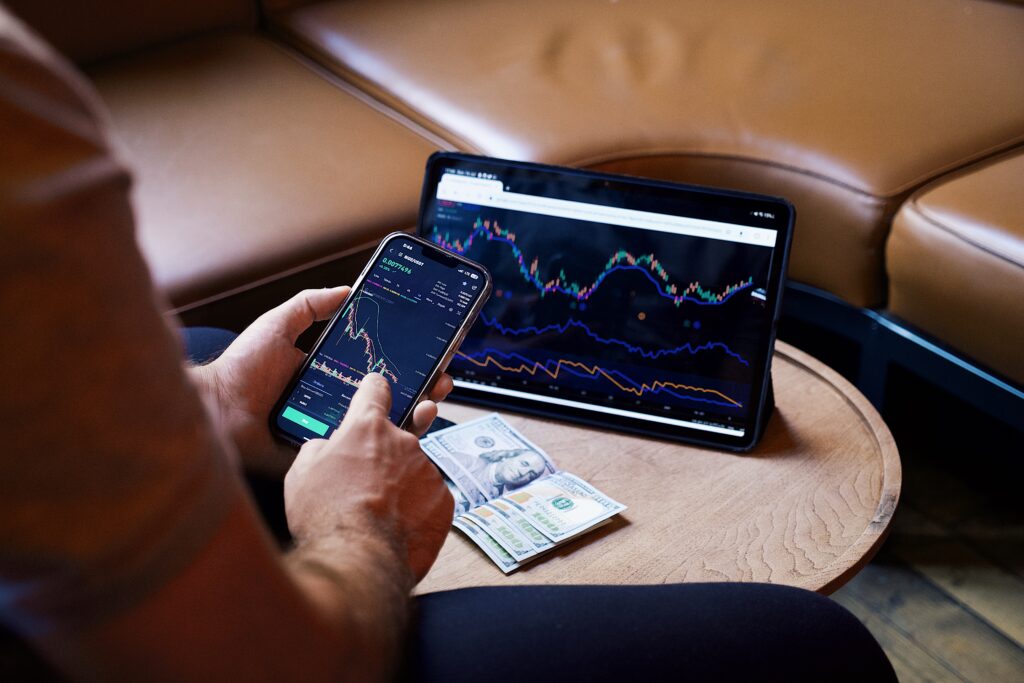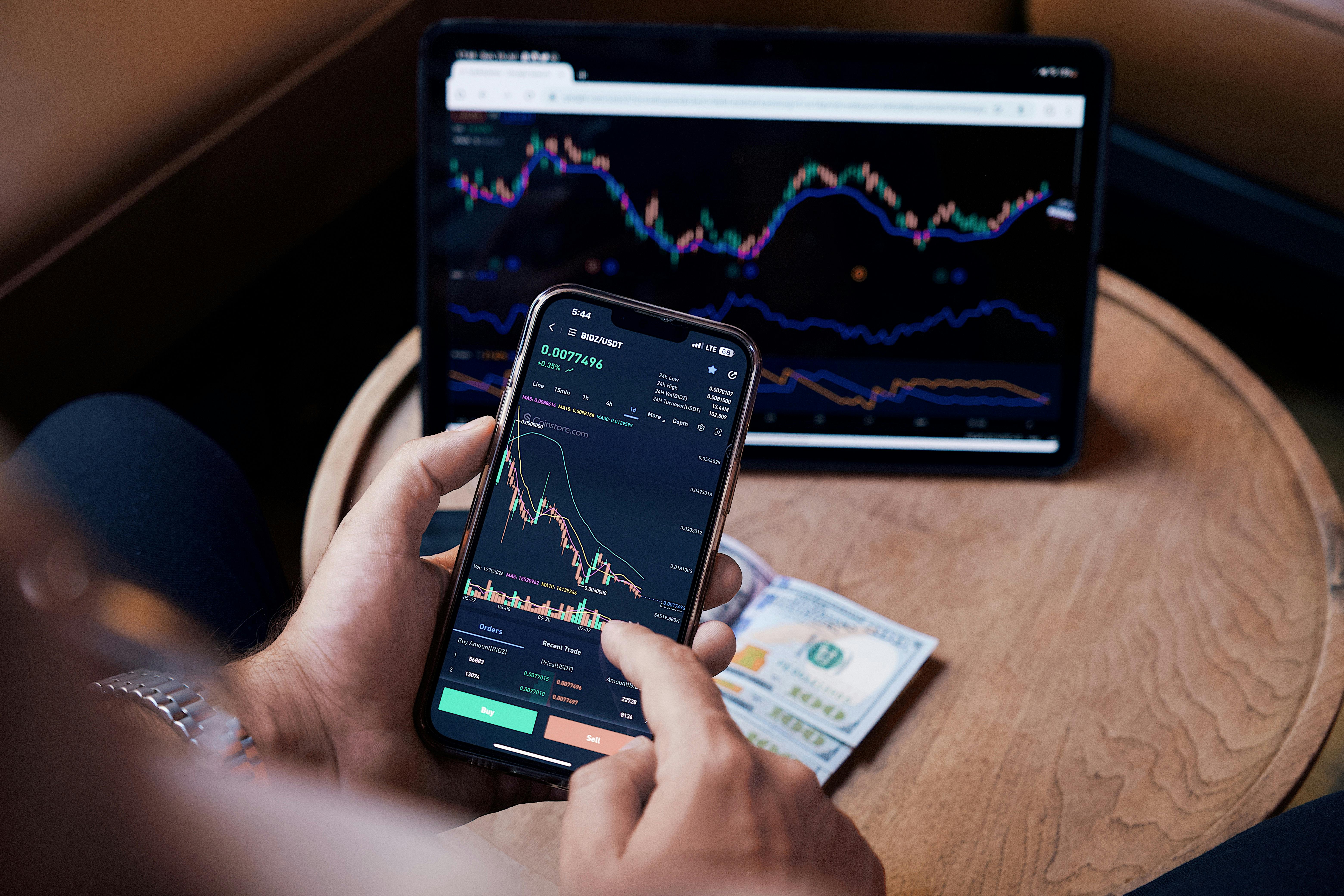
Are you interested in investing in Bitcoin but want to do so within the tax-advantaged framework of an Individual Retirement Account (IRA)? Look no further than the new product, “How To Buy Bitcoin In IRA.” This comprehensive guide offers expert insight and step-by-step instructions on navigating the complexities of purchasing Bitcoin within the confines of an IRA. Whether you’re a seasoned investor or a crypto-curious beginner, this product is your key to unlocking the potential of Bitcoin in your retirement portfolio.

Choosing an IRA Provider
When it comes to investing in a self-directed Individual Retirement Account (IRA) that allows for cryptocurrency investments, choosing the right provider is crucial. There are several factors to consider in this process, including researching different IRA providers, evaluating their reputation and security, comparing fees and costs, and ensuring they support cryptocurrency investments.
Researching different IRA providers
Before making a decision, it is important to conduct thorough research on different IRA providers. Look for providers that specialize in self-directed IRAs and have experience in handling cryptocurrency investments. Consider factors such as their track record, customer reviews, and the range of investment options they offer.
Evaluating their reputation and security
Safety and security should be one of the top priorities when selecting an IRA provider. Look for providers that have a solid reputation and are recognized for their security measures. Ensure that they have proper encryption protocols and employ industry-standard security practices to protect your assets.
Comparing fees and costs
Fees and costs associated with an IRA can vary significantly between providers. It is important to compare the fees charged by different providers, including account setup fees, transaction fees, and annual account maintenance fees. Consider the impact of these fees on your overall investment returns.
Ensuring they support cryptocurrency investments
Not all IRA providers support cryptocurrency investments. If your goal is to invest in bitcoin or other cryptocurrencies, make sure the provider you choose explicitly allows for such investments. Verify that they have the necessary infrastructure and expertise to handle cryptocurrency transactions within an IRA.
Setting Up a Self-Directed IRA
Once you have selected an IRA provider that meets your requirements, it is time to set up your self-directed IRA. This involves understanding the process, fulfilling eligibility requirements, providing necessary documentation, and choosing a custodian for your self-directed IRA.
Understanding the process of setting up a self-directed IRA
Setting up a self-directed IRA involves navigating through the paperwork and requirements specific to the provider you have chosen. Familiarize yourself with the steps involved in the process and understand the timeline for account activation.
Fulfilling eligibility requirements
Different IRA providers may have varying eligibility requirements. Ensure that you meet the criteria set by the provider, which may include age restrictions and income limitations. If you meet the eligibility requirements, proceed with the necessary documentation.
Providing necessary documentation
To set up a self-directed IRA, you will need to provide certain documentation to the IRA provider. This typically includes identification documents, proof of income or employment, and any other documents required by the provider. Ensure that you have all the required documentation ready to expedite the account setup process.
Choosing a custodian for your self-directed IRA
A custodian plays a crucial role in managing a self-directed IRA. They are responsible for executing transactions, holding assets, and keeping accurate records. When selecting a custodian, consider factors such as their experience with cryptocurrency investments, fees they charge, and the level of customer support they provide.
IRA and Bitcoin Regulations
Understanding the regulatory framework surrounding bitcoin investments within an IRA is essential for compliance and risk management. This section covers understanding IRS regulations for cryptocurrency investments in IRAs, familiarizing yourself with the rules and limitations, complying with reporting requirements, and seeking professional advice if needed.
Understanding the IRS regulations for cryptocurrency investments in IRAs
The Internal Revenue Service (IRS) has provided guidance on investing in cryptocurrencies within IRAs. It is essential to understand these regulations to ensure compliance. Familiarize yourself with topics such as required minimum distributions (RMDs), tax treatment of gains or losses, and prohibited transactions involving cryptocurrencies.
Familiarizing yourself with the rules and limitations
While cryptocurrencies like bitcoin can be held in an IRA, there are certain rules and limitations that need to be adhered to. For example, self-dealing and using cryptocurrencies for personal benefit are prohibited. Educate yourself on the do’s and don’ts to remain compliant with the rules governing cryptocurrency investments in IRAs.
Complying with reporting requirements
The IRS requires individuals to report their cryptocurrency holdings and transactions. It is important to understand the reporting requirements specific to these investments within an IRA. Familiarize yourself with the necessary forms and timelines for reporting cryptocurrency-related activities in your tax returns.
Seeking professional advice if needed
Given the complex nature of tax regulations and the evolving nature of cryptocurrency investments, it is advisable to seek professional advice. Consult a financial advisor or tax professional who specializes in cryptocurrency investments within IRAs. They can provide guidance tailored to your specific situation and help you navigate the regulatory landscape.
Selecting a Bitcoin Wallet
A crucial aspect of investing in bitcoin within an IRA is selecting a suitable bitcoin wallet. This section covers exploring different types of bitcoin wallets, considering security features and user-friendliness, reviewing wallet options compatible with IRAs, and checking for support of multi-signature functionality.
Exploring different types of bitcoin wallets
There are various types of bitcoin wallets available, each with its own advantages and considerations. Options include hardware wallets, software wallets, web wallets, and paper wallets. Research and compare the features and security aspects of each type to determine the best fit for your needs.
Considering security features and user-friendliness
Security should be a paramount concern when selecting a bitcoin wallet. Look for wallets that offer robust security features such as two-factor authentication, encryption, and backup options. Additionally, consider the user-friendliness of the wallet interface to ensure a seamless experience.
Reviewing wallet options that are compatible with IRAs
Not all bitcoin wallets are compatible with self-directed IRAs. Some wallets may have restrictions on transferring funds to or from an IRA account. Review the terms and compatibility requirements of various wallets to find ones that are compatible with your chosen IRA provider.
Checking for support of multi-signature functionality
Multi-signature functionality provides an additional layer of security by requiring multiple private keys to authorize transaction signatures. This feature can safeguard your bitcoin holdings against potential security breaches or unauthorized access. Confirm whether the bitcoin wallet you choose supports multi-signature functionality.

Researching Bitcoin Exchanges
To buy bitcoin to fund your self-directed IRA, you will need to research reputable bitcoin exchanges. This section covers identifying reputable exchanges, reviewing exchange fees and trading volumes, verifying exchange security measures, and evaluating user reviews and experiences.
Identifying reputable bitcoin exchanges
Several reputable bitcoin exchanges exist where you can buy and sell bitcoin. Research and identify exchanges that have a strong reputation, a proven track record, and are highly regarded within the cryptocurrency community. Look for well-established exchanges that have a history of secure and reliable operations.
Reviewing exchange fees and trading volumes
Exchanges typically charge fees for transactions and may have different fee structures. Consider the trading fees, deposit and withdrawal fees, and other charges associated with using the exchange. Additionally, review the trading volumes of the exchange to ensure sufficient liquidity for your trading needs.
Verifying exchange security measures
Security is of utmost importance when dealing with bitcoin exchanges. Look for exchanges that prioritize security by implementing measures such as two-factor authentication, cold storage for funds, and regular security audits. Verify that the exchange adheres to industry best practices for safeguarding user assets.
Evaluating user reviews and experiences
User reviews and experiences can provide insight into the reliability and user-friendliness of different exchanges. Research customer feedback, forums, and review websites to gauge user satisfaction and to identify any potential red flags. Pay attention to common complaints or issues mentioned by users to make an informed decision.
Opening an Account on a Bitcoin Exchange
Once you have selected a suitable bitcoin exchange, the next step is to open an account. This section covers creating an account with a chosen exchange, completing the necessary verification process, configuring account security settings, and linking your bank account or credit card for funding transactions.
Creating an account with a chosen bitcoin exchange
The account creation process typically involves providing personal information, such as your name, email address, and residential address. Follow the instructions provided by the chosen exchange and provide accurate information to ensure a smooth account setup.
Completing the necessary verification process
Bitcoin exchanges often require users to undergo a verification process for security reasons and compliance with Know Your Customer (KYC) regulations. This may involve submitting identification documents and proof of address. Complete the necessary verification steps promptly to gain full access to the exchange’s features.
Configuring account security settings
After account creation and verification, prioritize setting up strong security measures for your exchange account. Enable two-factor authentication using an authentication app on your mobile device, choose a strong password, and consider any additional security features offered by the exchange to protect your account.
Linking your bank account or credit card
To fund your bitcoin purchases, you will need to link your bank account or credit card to the exchange. Follow the instructions provided by the exchange to complete this process securely. Ensure that you are aware of any fees or limitations associated with using your preferred funding method.

Funding Your IRA with Bitcoin
Once your bitcoin exchange account is set up, you can proceed to fund your self-directed IRA with bitcoin. This section covers transferring funds from your bank account to your bitcoin exchange account, trading fiat currency for bitcoin, withdrawing bitcoin from the exchange to your bitcoin wallet, and sending bitcoin to your self-directed IRA custodian.
Transferring funds from your bank account to your bitcoin exchange account
To buy bitcoin, you will first need to transfer funds from your bank account to your bitcoin exchange account. Follow the instructions provided by the exchange to initiate the transfer securely. Be mindful of any fees or processing times associated with the transfer.
Trading fiat currency for bitcoin
Once the funds are available in your bitcoin exchange account, you can trade fiat currency for bitcoin. Use the trading platform provided by the exchange to execute buy orders for bitcoin. Consider factors such as market price, liquidity, and trading fees when executing your trades.
Withdrawing bitcoin from the exchange to your bitcoin wallet
To secure your bitcoin holdings, it is advisable to withdraw them from the exchange and transfer them to your chosen bitcoin wallet. Follow the withdrawal instructions provided by the exchange and ensure that you input the correct bitcoin wallet address to avoid any loss of funds.
Sending bitcoin to your self-directed IRA custodian
To complete the process of funding your self-directed IRA with bitcoin, send the bitcoin from your personal wallet to the designated bitcoin wallet provided by your IRA custodian. Ensure that you follow the instructions provided by your custodian and accurately input the recipient wallet address. Confirm the successful transfer with your custodian.
Ensuring Security of Bitcoin Holdings
Given the value and nature of bitcoin holdings, it is crucial to implement strong security measures to protect your assets. This section covers implementing security measures for your bitcoin holdings, utilizing strong passwords and two-factor authentication, considering offline storage options like hardware wallets, and backing up private keys and keeping them secure.
Implementing security measures for your bitcoin holdings
Protecting your bitcoin holdings should be a top priority. Implement security measures such as using strong passwords, regularly updating software and firmware, and being cautious of phishing attempts. Keep your devices and operating systems secure by installing reputable security software and keeping them up to date.
Utilizing strong passwords and two-factor authentication
Use unique and complex passwords for all your bitcoin-related accounts, including wallets and exchange accounts. Enable two-factor authentication wherever it is available to add an extra layer of security to your accounts. Use an authentication app rather than SMS-based authentication for enhanced security.
Considering offline storage options like hardware wallets
Hardware wallets offer an offline storage solution for your bitcoin holdings, providing enhanced security against online threats. Consider investing in a hardware wallet from reputable manufacturers. These wallets store your private keys offline, reducing the risk of theft or unauthorized access.
Backing up private keys and keeping them secure
It is crucial to back up your wallet’s private keys in case of hardware failure or loss. Follow the instructions provided by your wallet provider to securely back up your private keys. Store these backups in multiple secure locations, such as encrypted USB drives or offline paper backups, and ensure they are not accessible to unauthorized individuals.
Monitoring Bitcoin Performance
As with any investment, monitoring the performance of your bitcoin holdings is essential. This section covers tracking the value of your bitcoin investment, staying informed about market trends and news, utilizing cryptocurrency portfolio management tools, and rebalancing your portfolio if necessary.
Tracking the value of your bitcoin investment
Keep track of the value of your bitcoin holdings by regularly monitoring the market price and fluctuations. Use reputable cryptocurrency tracking websites or mobile applications to access real-time market data. This information can help you make informed decisions regarding your investment strategy.
Staying informed about market trends and news
Stay abreast of market trends and news related to bitcoin and the wider cryptocurrency market. Monitor industry news, regulatory developments, and market sentiment. This information can provide valuable insights into potential opportunities or risks that could impact your investment.
Utilizing cryptocurrency portfolio management tools
Consider utilizing cryptocurrency portfolio management tools to manage your bitcoin investments effectively. These tools allow you to track your holdings, monitor performance, and set investment goals. Look for tools that provide comprehensive reporting, portfolio analysis, and integration with your exchange and wallet accounts.
Rebalancing your portfolio if necessary
Periodically assess your investment portfolio and consider rebalancing if necessary. As the value of bitcoin and other cryptocurrencies fluctuates, your portfolio’s asset allocation may deviate from your desired allocation. Rebalancing involves adjusting your holdings to realign with your desired investment strategy and risk tolerance.
Seeking Professional Advice
Investing in bitcoin within an IRA comes with unique challenges and considerations. It is advisable to seek professional advice to navigate these complexities effectively. This section covers consulting with a financial advisor or tax professional, getting guidance on understanding tax implications of bitcoin investments, seeking assistance with IRA compliance and reporting, and obtaining advice on long-term investment strategies.
Consulting with a financial advisor or tax professional
Engage the services of a qualified financial advisor or tax professional who can provide personalized advice tailored to your specific financial goals and circumstances. They can help you understand the implications of investing in bitcoin within an IRA and guide you through the decision-making process.
Getting guidance on understanding tax implications of bitcoin investments
Bitcoin investments within an IRA can have tax implications at various stages, such as contributions, transactions, and distributions. Seek guidance from a tax professional who is knowledgeable about cryptocurrencies and can provide guidance on ensuring compliance with tax laws. This will help you effectively manage your tax obligations and avoid potential penalties.
Seeking assistance with IRA compliance and reporting
Complying with IRA regulations and reporting requirements can be complex, especially in the context of cryptocurrency investments. If you are unsure about the compliance aspects, consider seeking assistance from a professional who specializes in self-directed IRAs and cryptocurrency investments. They can ensure that your IRA remains fully compliant with the relevant regulations.
Obtaining advice on long-term investment strategies
Bitcoin investments within an IRA should align with your long-term investment goals. Seek advice from a financial advisor who can help you develop a well-rounded investment strategy that considers your risk tolerance, time horizon, and overall financial objectives. Their expertise can guide you in making informed decisions and maximizing the potential returns on your bitcoin investment.
In conclusion, investing in bitcoin within an IRA requires careful consideration and adherence to regulatory requirements. By choosing an appropriate IRA provider, setting up a self-directed IRA, understanding the relevant regulations, selecting a secure bitcoin wallet and exchange, funding your IRA with bitcoin, implementing robust security measures, monitoring performance, and seeking professional advice, you can navigate the process with confidence and potentially reap the benefits of this innovative investment avenue.
